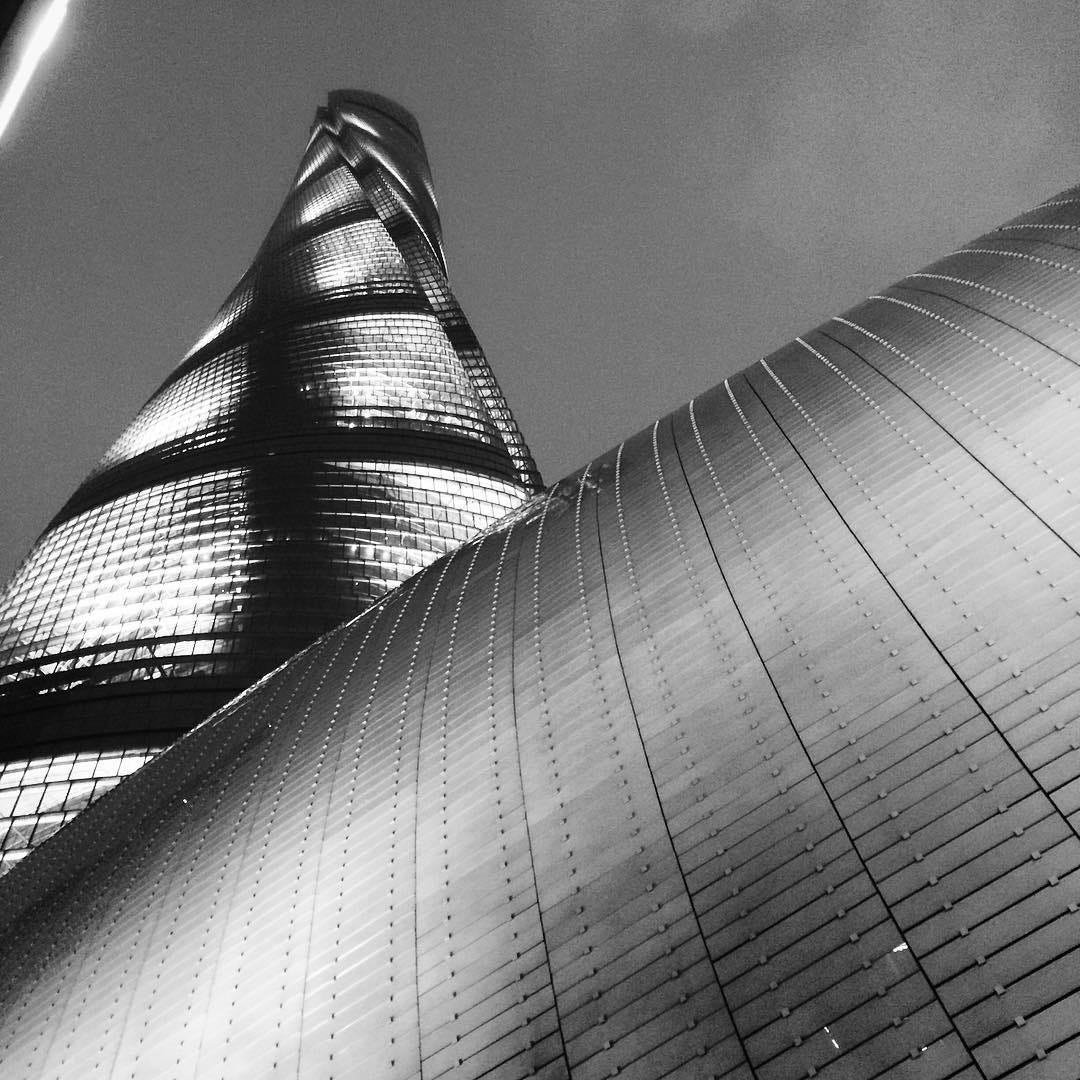Biden-Xi meeting, China-Philippines, and EU-China summit
+ IMF raises China growth outlook and The China Project shuts
Welcome to another edition of What’s Happening in China, a weekly newsletter that curates the latest and most important news and developments from the country.
Every month, I share a free edition of the newsletter, and this is it.
Whether you are a businessperson, investor, government official, academic, media outlet, or general reader, if you want to stay up-to-date on the latest developments in and related to China, I encourage you to subscribe.
Simply click the button below to get What’s Happening in China in your inbox every Saturday.
Let's dive right in…
PHOTO OF THE WEEK

XINJIANG
Ethics watchdog investigating Zara Canada over alleged ties to forced labour – CBC News
Canada's corporate ethics czar says it has launched a fact-finding investigation into allegations that Zara Canada Inc. is working with companies that use fo…

